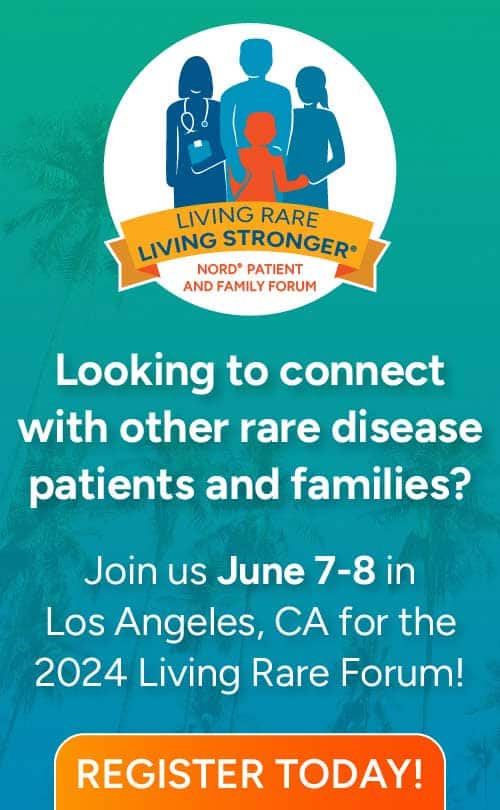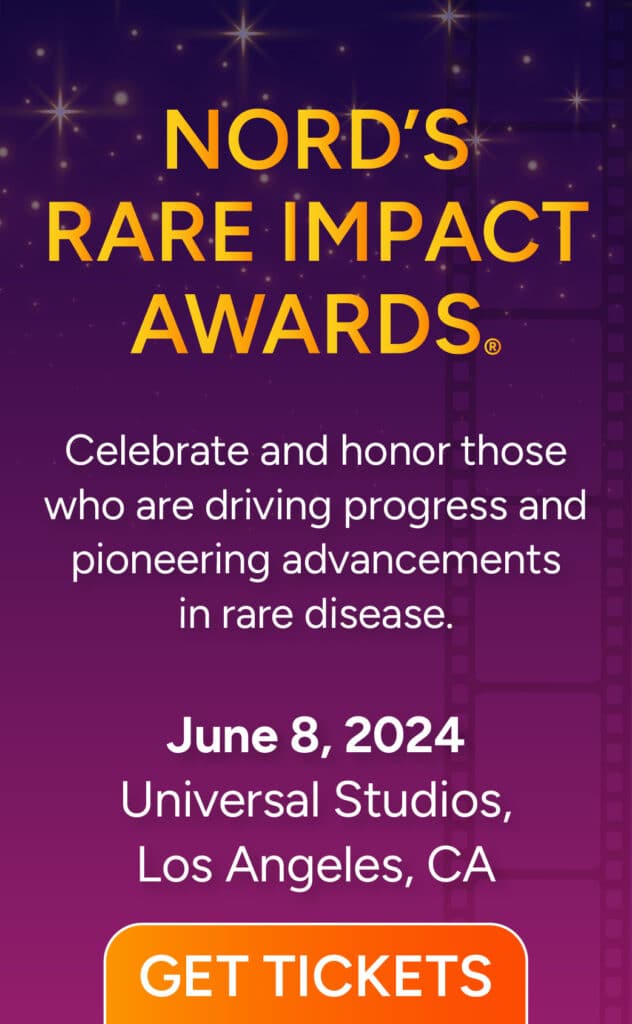I am a caregiver to my 2 ½ year old son who has hypophosphatasia (HPP). He was diagnosed right before he turned 6 months.
My son showed signs that he was failing to thrive when he was not eating well and gaining weight around 2-3 months. He also felt very fragile, as his bones were not as strong. He started off with an NG tube, and a month later had a g-tube to help him gain weight. Two months after that, he had a craniectomy, and two months later, he had a granuloma removed from his throat, which was blocking more than 80% of his breathing airway. He then started physical and occupational therapy, where he was able to walk and work on his fine motor skills. Throughout this time, he was followed by multiple physicians and had various medical appointments weekly. I was unable to work, as I needed to be there for him throughout this journey.
Rare Disease Day is important to me because it gives the rare disease community a voice. It brings awareness to the challenges we face, and it shows that this community is not willing to be silent. Although rare conditions are not as common others, everyone in this community matters. It matters that research is done to help individuals with their rare conditions. The same energy, efforts, resources, and funds put into other conditions should be applied to the rare disease community and their conditions.
This year’s theme is healthy equity, which to me means that everyone should have access to the same resources, and despite their circumstances, they should be treated fairly. It means that one person should not be the only one to have access to medication because they have better insurance than someone else. If two people have the same medical condition, they should both have access to the medication that will treat their condition.
Leading up to Rare Disease Day there are many things that the public should know about rare diseases and the challenges that patients and caregivers face:
- People with rare diseases live a life of ambiguity. They struggle to be heard and understood, and they struggle to get their needs met.
- Sometimes, they are misdiagnosed for years and suffer because of it.
- They face challenges of not having enough resources or information regarding their condition, and they are not prioritized as their condition is not common.
- Insurances sometimes deny necessary medication because the cost is too high.
- Physicians sometimes lack knowledge of a person’s rare condition and there are limited specialists who can help them.
- They cannot lean on everyone for support because everyone is not aware of the nuances of their condition.
In my case, as a caregiver, you wish you could take on the pain for your child. You wish you could switch places because you hate to see them suffer. You are the advocate for your child. You are their voice, their lawyer, manager, and parent. You wear multiple hats, and you are proud to do so. It’s hard…but it’s worth it. You will cry, you will scream, you will feel like you are alone. But to your child, you are their superhero.




